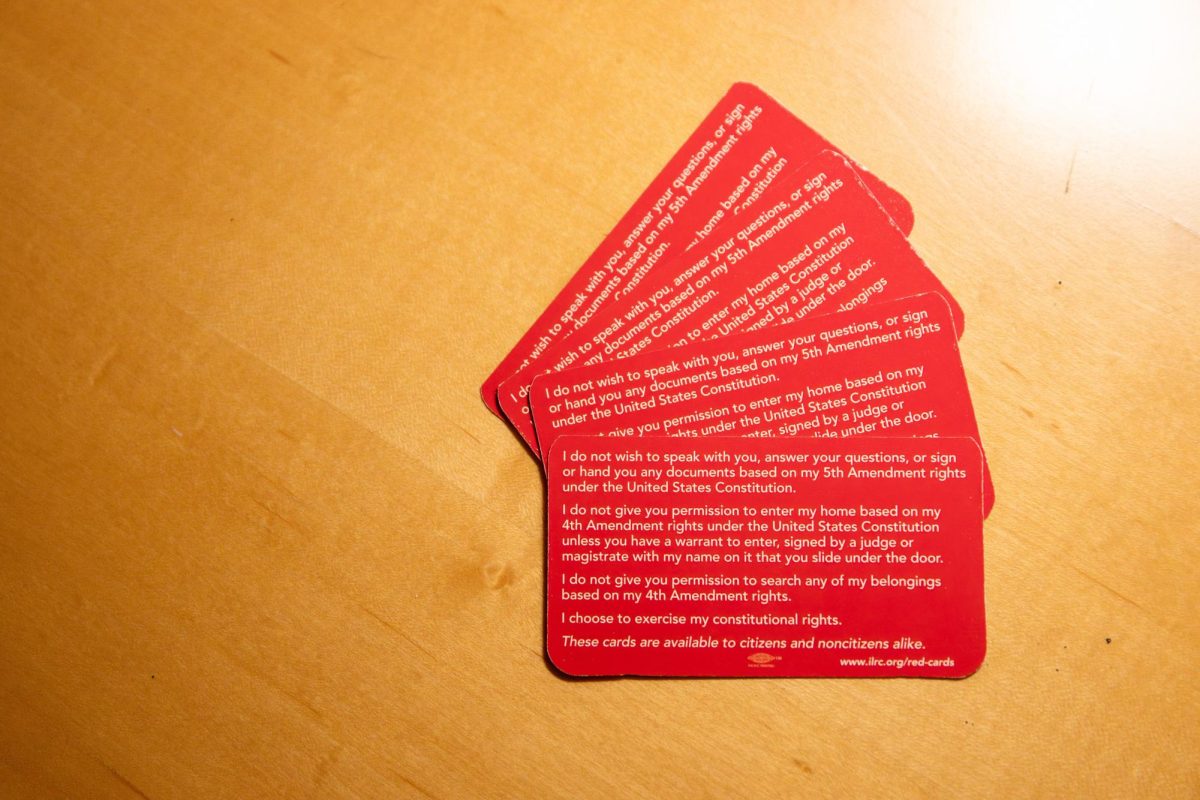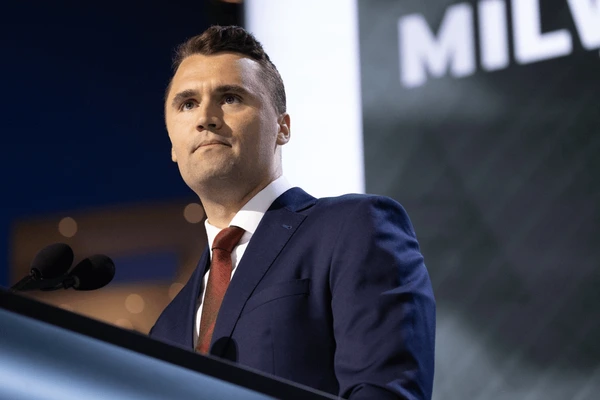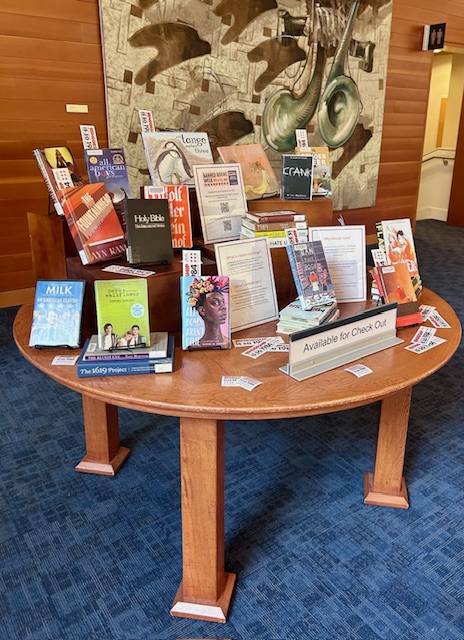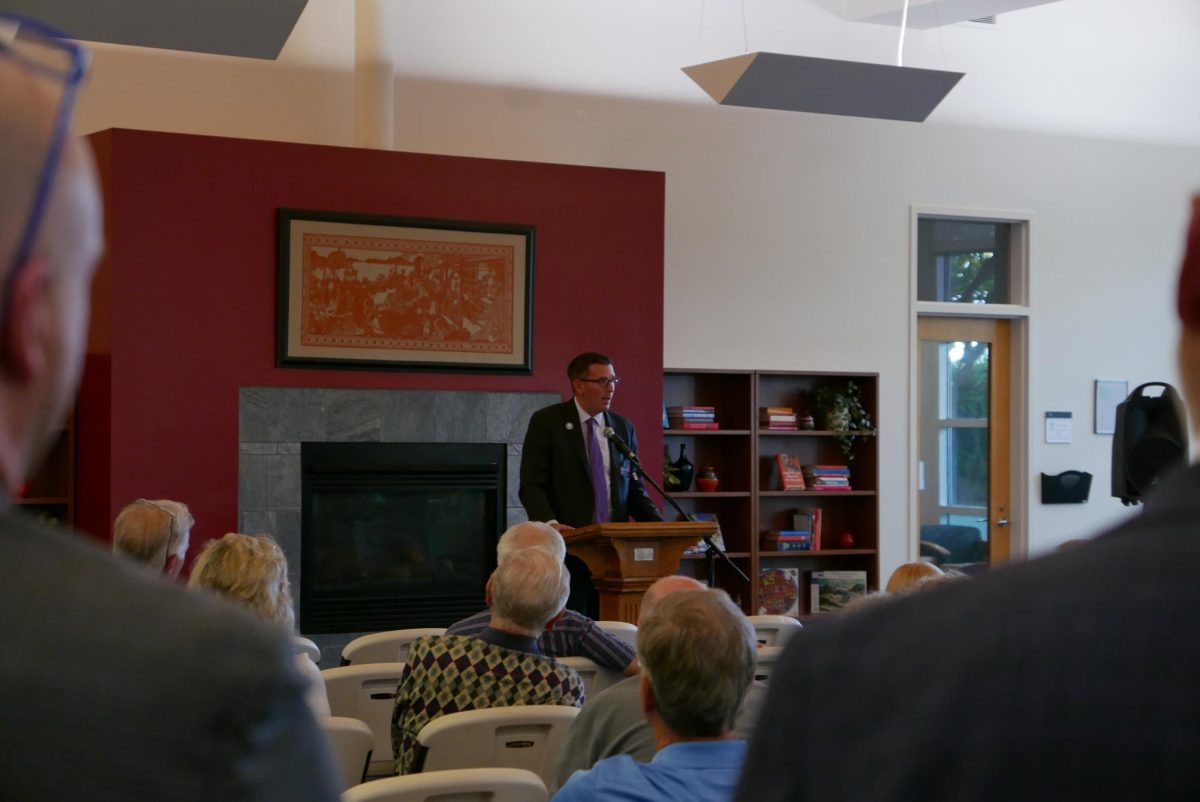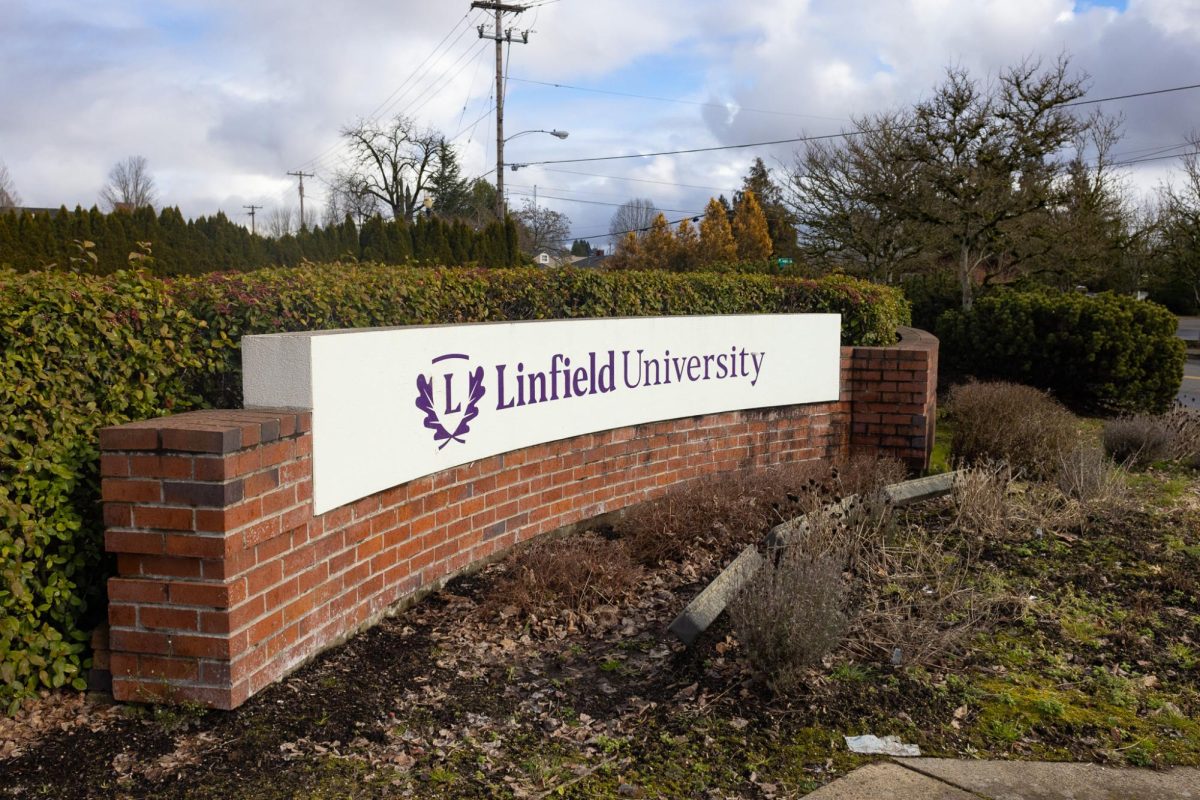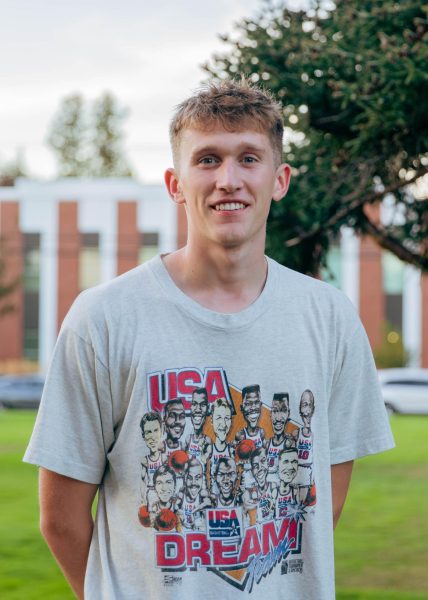Since the advent of the Trump administration, Immigration and Customs Enforcement (ICE) has been conducting an increasing number of high-profile raids across the United States, including on college campuses.
In January 2025, NBC reported raids in Aurora, Colo., Chicago and New York City. These raids nominally target criminal noncitizens. ICE themselves report detaining a large number of criminals and gang members on March 10, 2025, but NBC also reports that they have arrested US citizens, including some Navajo Nation citizens.
CNN reports that ICE detained student activists at both Columbia University and Georgetown University in early 2025, and OPB reports that schools in Oregon, such as Western Oregon University and Portland Community College, are preparing their students and faculty for the possibility of ICE seeking out their undocumented students.
Linfield has responded by raising awareness of this issue through professional development sessions, ensuring that faculty know about the law surrounding this situation, including the rights of students and other residents.
“Our approach has primarily been educating our campus community,” said Vice President of Student Affairs Jeff Mackay.
This education has been directed across the campus community. Linfield’s administration wants to ensure that information about ICE and students’ rights is accessible to those who need it.
“We presented what we can to RA’s and student government,” said Gerardo Ochoa, vice president for enrollment management and student success. “We’ve identified someone, an advocate, in lots of different departments so that students have someone to go to with questions.”
The Linfield administration has had to deal with issues like this before.
“We dusted off old presentations from eight years ago; it’s a lot of the same,” Mackay said.
There are similar justifications now to the heightened presence of ICE to eight years ago, such as the idea that Mexico is sending criminals and illegal immigrants across the border, but within Linfield, there are ways in which things are better than they were eight years ago.
“We’re fortunate because of strong student groups like LULA (Linfield University Latine Adelante) and LUP (Linfield United Pride),” Ochoa said. “We’re stronger with those groups than we were eight years ago.”
One student group leader, LULA Coordinator Jennifer Rosiles Malagon, says she remains in the dark about the situation.
“We understand that it is important to keep the subject of immigration and deportation as updated as we can and that Linfield has tried to keep some of that information current, but there is still a lack of clarity or information given to students on campus as a whole,” Malagon said. “Linfield has presented on the topic to staff, faculty and a few select student leader organizations but the large majority of students remain unaware of the basic information that continues to make them feel uncertainty on campus.”
While members of admin have expressed their commitment to keeping the Linfield community informed, some still seem to be falling through the cracks.
“We would hope that Linfield would continue to reassure and update on the situation, but we understand that this topic is not one that can easily be talked about to a whole campus that share diverse beliefs, meaning the safety of the students directly affected by the ICE raids could possibly be at risk,” Rosiles Malagon said.
Linfield’s administration has a stated commitment to keeping students safe and reassured; however, not every student feels it. As both administration and students have acknowledged, there are limits to how much can be done when both the issue at hand and the student body are as large and complicated as they are.
Regardless, informed faculty, such as Mackay, Ochoa, and DEI Coordinator Abby Thomas, can provide students with information and resources. Linfield also has several student diversity groups, such as LULA, LUP, BSU (Black Student Union) and Hui o Lōkahi (Pacific Islander Club), which are resources for students.

